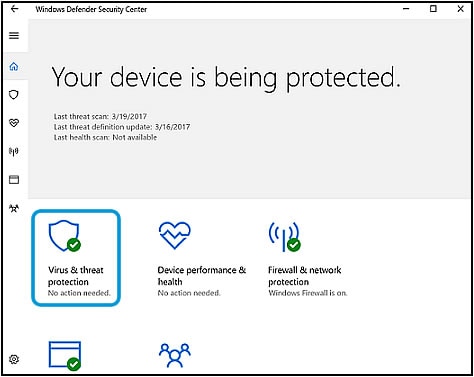SAN FRANCISCO - Just days after posting details of searches made by hundreds of thousands of subscribers, AOL is in hot water again with consumer advocates. This time the issue is with the company's Active Virus Shield anti-virus software, released last week.At issue is the software's licensing agreement, which authorizes AOL to gather and share data on how the software is being used and permits AOL and its affiliates to send e-mail to users. 'If you go through the installation, just as any normal user would, there is not the slightest hint of any advertising functionality or data gathering of any kind,' said Eric Howes, director of malware research at anti-spyware vendor Sunbelt Software.uses Kaspersky Lab's well-regarded anti-virus software, and comes with an optional security toolbar that blocks pop-up ads and manages passwords. The software is available for free to anyone who wishes to download it. ConcernsAlthough security experts, including Howes, say that Active Virus Shield does not behave in a malicious fashion or serve up unwanted ads, some are concerned that the product's end user license agreement (EULA) would allow AOL to send spam or serve up adware at some point in the future. 'If it actually does any of the things stated in the EULA, we would actually flag it as spyware,' said Christina Olson, a project manager with.The Active Virus Shield agreement gives AOL much broader rights to collect information and then to share that information with third parties than typical EULAs, observers said.A prohibition against blocking ads also caught Olson's attention.

'If you have any ad-blocking software up, you're basically violating their EULA, which is ridiculous,' she said. AOL in the News RecentlyAOL's licensing problems come at a sensitive time for the company. Earlier this month the Internet service provider weathered a public relations disaster after an AOL researcher on about 19 million Web searches performed by 658,000 users.After being contacted by IDG News, AOL said it now plans to alter the licensing agreement. 'We are updating the EULA to address any concerns,' said Andrew Weinstein, a company spokesman. 'We are reserving the right solely to send periodic marketing e-mails that users will have the choice to opt out of.' Adding to AOL's troubles is the fact Active Virus Shield's security toolbar is based on a product with a questionable reputation. An earlier version of this software, known as the Softomate toolbar, is flagged as adware by Kaspersky's own anti-virus products.'
Aol Virus Support
We don't use the earlier code because it was used by a malware provider,' Weinstein said. 'That's why Kaspersky looks for it.' Similar to Sony Rootkit Issue?While AOL's toolbar is not considered to be adware, observers say that AOL, which prides itself as a fierce opponent of adware and spyware, could have based its own toolbar on a better product. 'I don't understand how a legitimate company like AOL provides software that can be classified as rogue,' said Aviv Raff, a security researcher based in Israel.After examining AOL's toolbar, Raff discovered a flaw in the software that would allow hackers to change the toolbar's configuration options. While the flaw does not in itself present a security risk, it could be used in combination with other types of malicious software to do things like pop up bogus search results, he said.' The problem is similar to the Sony rootkit issue,' Raff said referring to Sony BMG Music Entertainment's, which was found to be the source of security issues late last year. 'A big company chose an external company's software and rebranded it as their own, later to discover it might be bad after all,' he said.Erik Larkin of PC World contributed to this story.
Norton Security Free Virus Protection
Not all features are available for all operating systems. Vb.net collection definition. Some features require additional configuration and/or hardware. To find out if your device is supported, please check: System Requirements♰ License applies to personal use on supported devices you own during your subscription; see System Requirements for details.Other names and brands may be claimed as the property of others. Virus Protection Pledge (VPP): To be eligible for VPP, you must be actively enrolled in our auto-renewal service with a qualifying product installed. If we cannot remove a virus from a device we support (see VPP System Requirements), we'll refund — for the current term of your subscription — the actual amount you paid for the qualifying product, or the value of the qualifying product if it was included in a bundle (see terms of service for details), less any discounts, rebates, refunds, shipping, handling or taxes. The refund does not apply to any damage or loss caused by a virus — we strongly recommend that you always backup your data to prevent data loss. Refer to our terms of service for details:mcafee.com/pledge.© 2003-2019 McAfee, LLC.